More than two-thirds of households in Romania that fall below the poverty line after paying their energy bills (67.5%) and more than three-quarters of those in extreme energy poverty (76.3%) are in rural areas, according to the 2024 Annual Report published on Tuesday by the Romanian Energy Poverty Observatory (ORSE).
Energy poverty caused by over-consumption (indicator 2M), associated with inefficient housing or high expectations of comfort, is approximately comparable in the two environments - rural (50.1%) and urban (49.9%). The only indicator for which the urban environment registers a higher level is 10% (households that allocate more than 10% of the monthly income for energy).
The report reveals that 35.6% of households in Romania continue to use wood stoves, of which 88% are located in rural areas. At the same time, about 80% of households in rural areas are still heated mainly with wood and more insulated with gas or pellet boilers, the latter being among the wealthy households that can bear the investment costs.
As far as the urban environment is concerned, households mainly use gas boilers, due to better access to the network. Also, electric heating is more frequently present in urban areas, either as an alternative solution in vulnerable households or due to access to renewable sources.
The report highlights the fact that disconnections from energy networks - a phenomenon especially in urban areas - are mainly caused by the inability of households to pay their bills.
"Another important aspect to emphasise is that in Romania, energy poverty is still precariously associated with the heating needs of households. Although Law 226/2021 defines energy poverty in a broad sense, the need for cooling in summer amidst climate change, which is increasingly felt, is not yet taken into account. Limited access to modern heating technologies highlights the phenomenon of energy captivity - the situation in which households cannot migrate to more efficient and affordable solutions. This lack of alternative limits the ability of families to meet their basic energy needs at affordable prices. Beyond limited or non-existent access to natural gas, many rural areas have outdated energy infrastructure or completely lack modern distribution networks, which makes it difficult to integrate renewable energy sources," according to ORSE.
At the same time, specialists say that in many rural areas the population is largely aged, which can reduce the community's ability to invest and adopt new technologies.
"The implementation of renewable energy technologies, such as solar panels, requires upfront investments that can be prohibitive for low-income households. At the same time, the lack of knowledge and technical skills for the installation and maintenance of renewable energy systems can be a significant barrier. Added to this is the fact that many inhabitants in the rural areas are not aware of the benefits and possibilities offered by renewable energy sources and energy efficiency measures."
One of the solutions put forth by the organisation is the creation of financing programs (e.g. low-interest loans) and subsidies for low-income households that want to invest in energy efficiency projects and renewable energy sources.
Other suggestions regard strengthening the capacity of local public administrations under the authority of single guides to identify the needs of communities and to produce adapted solutions, or to facilitate the access of households to remedial programmes; information campaigns and training programmes to raise awareness of the benefits of using modern technologies and the technical skills of rural dwellers; encouraging renewable energy community projects, where several households - or the entire community - can invest together in renewable energy solutions; government investments for the expansion and modernisation of electricity distribution networks in rural areas; promote and finance microgrid projects that ensure stable and efficient access to energy for isolated communities.
ORSE's 2024 Annual Report includes a new assessment of energy poverty at national level, based on available data published by the National Institute of Statistics from the Family Budget Survey (ABF 2023).
ORSE is a project initiated by the Centre for the Study of Democracy, a think-tank established in 2006 within the Department of Political Sciences, Faculty of Political, Administrative and Communication Sciences, Babe-Bolyai University of Cluj, operating as a certified research centre.

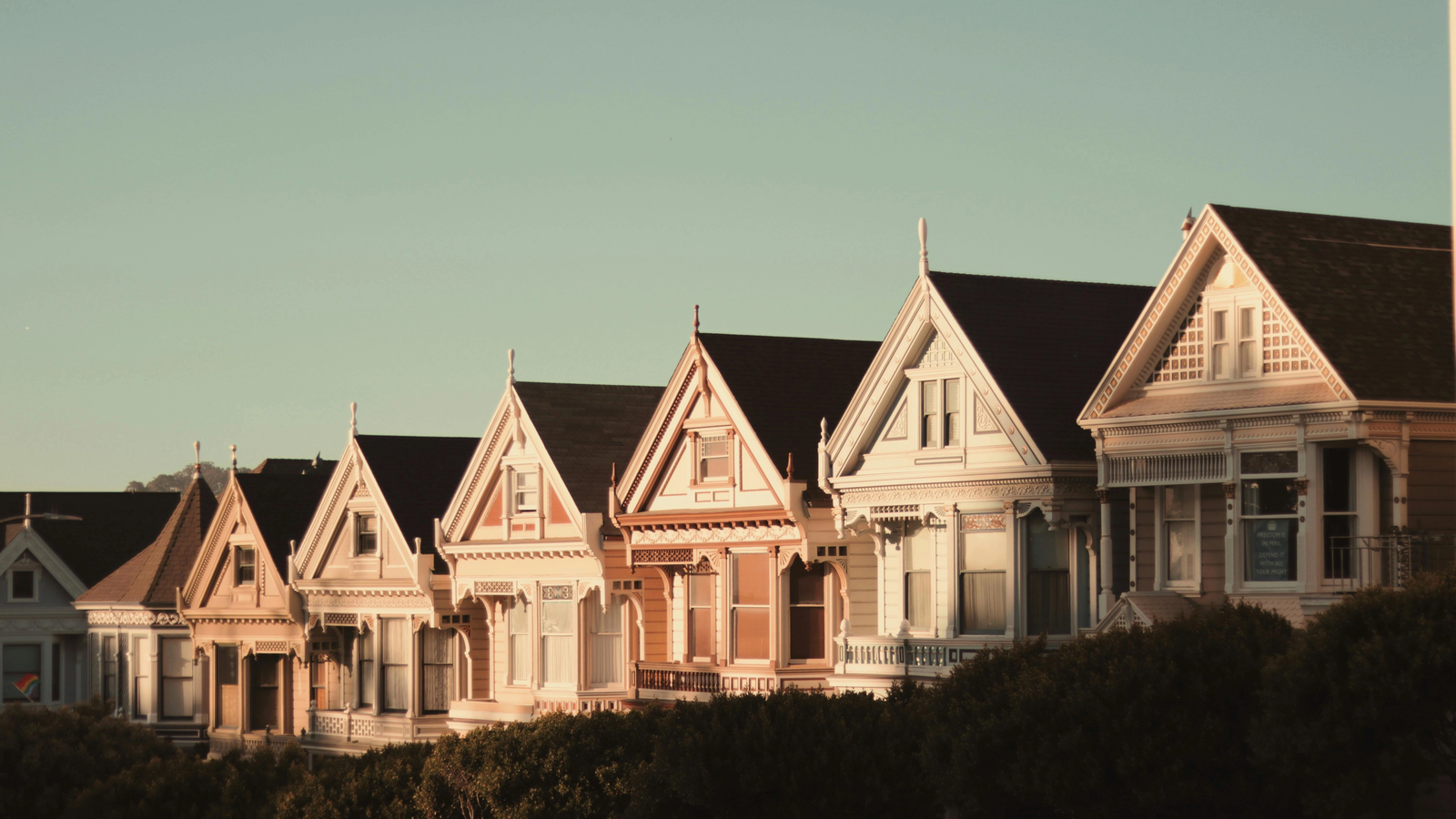
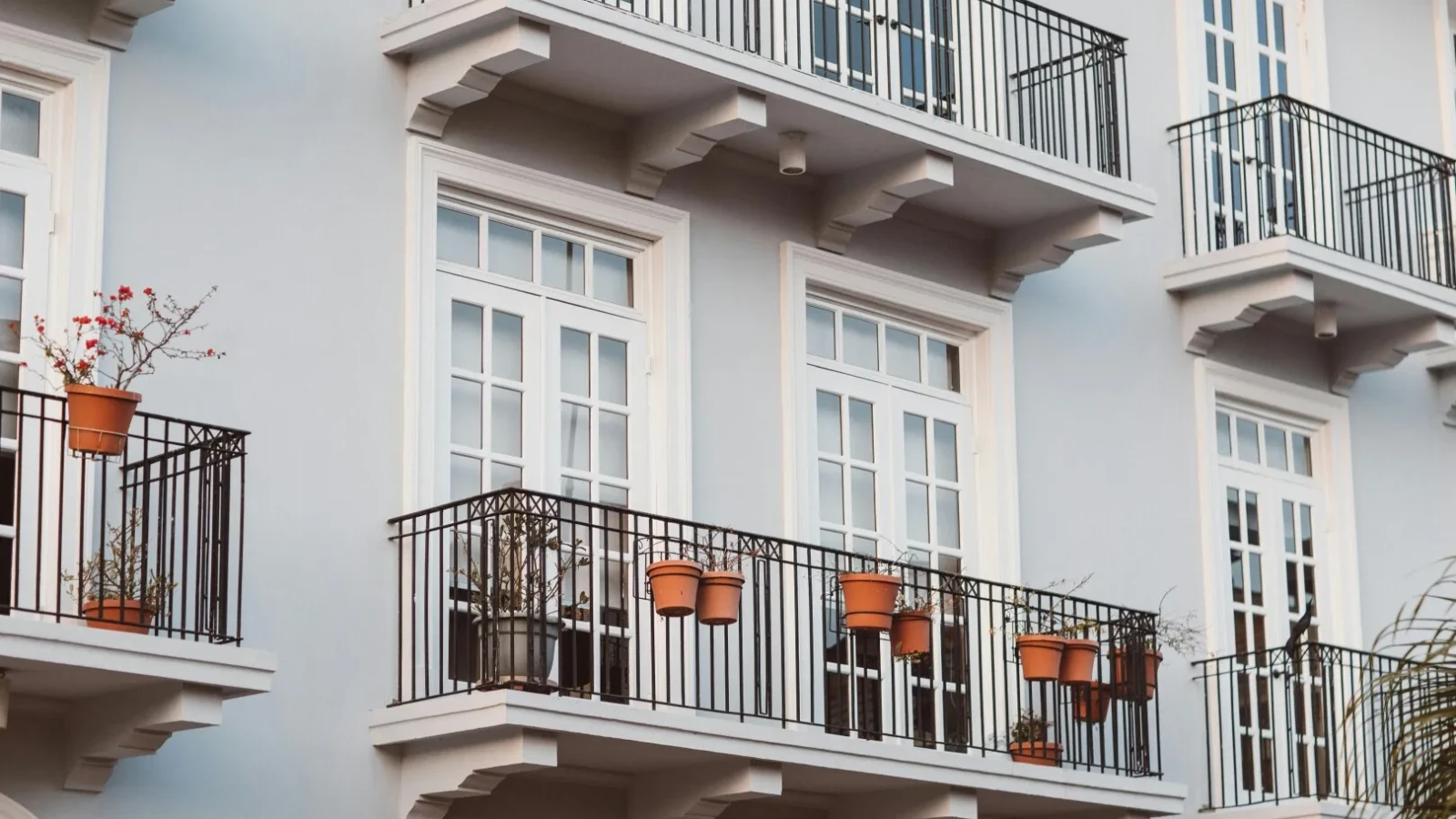
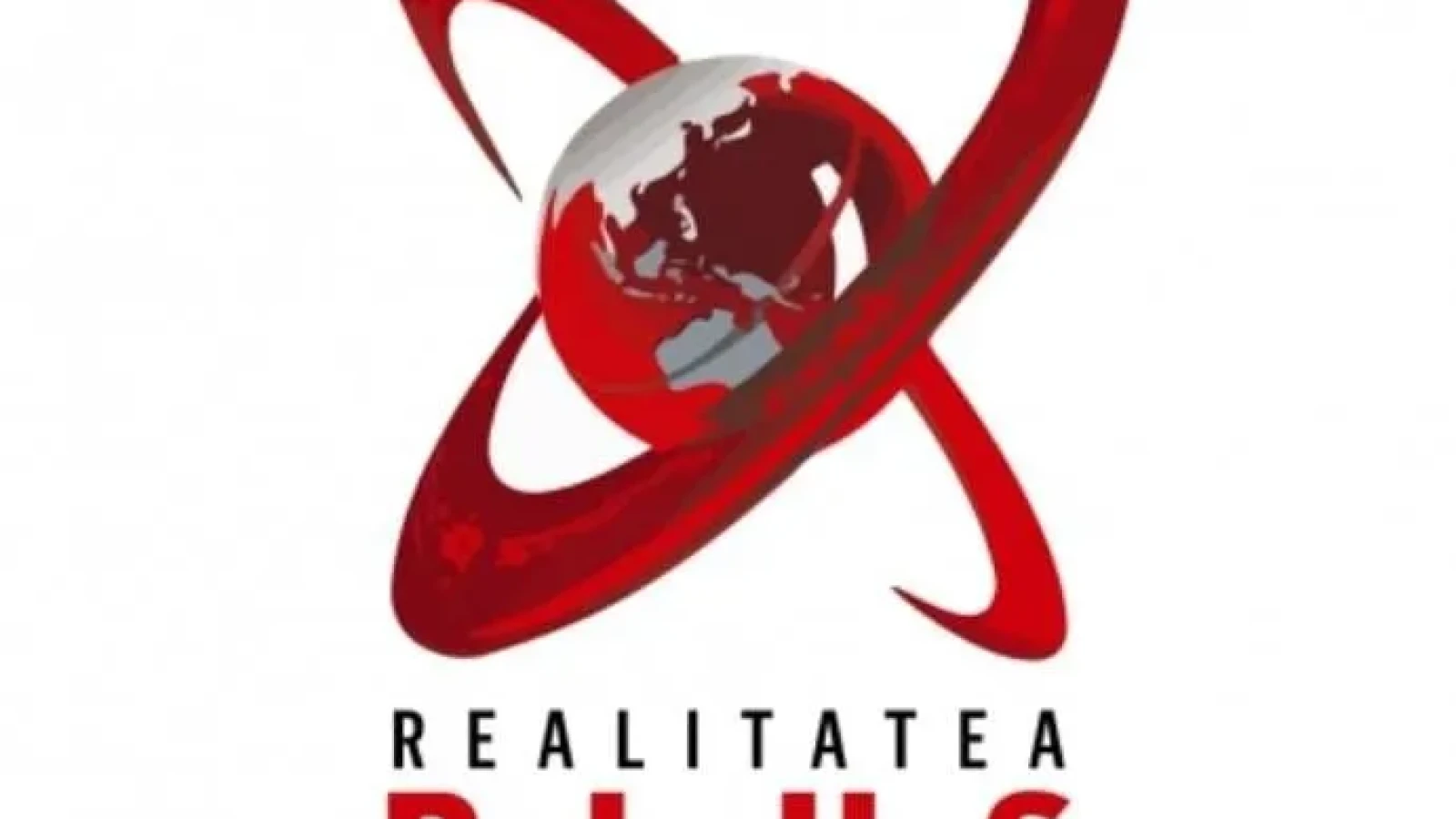






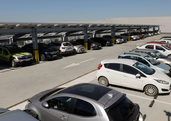

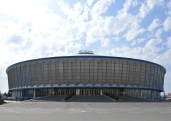







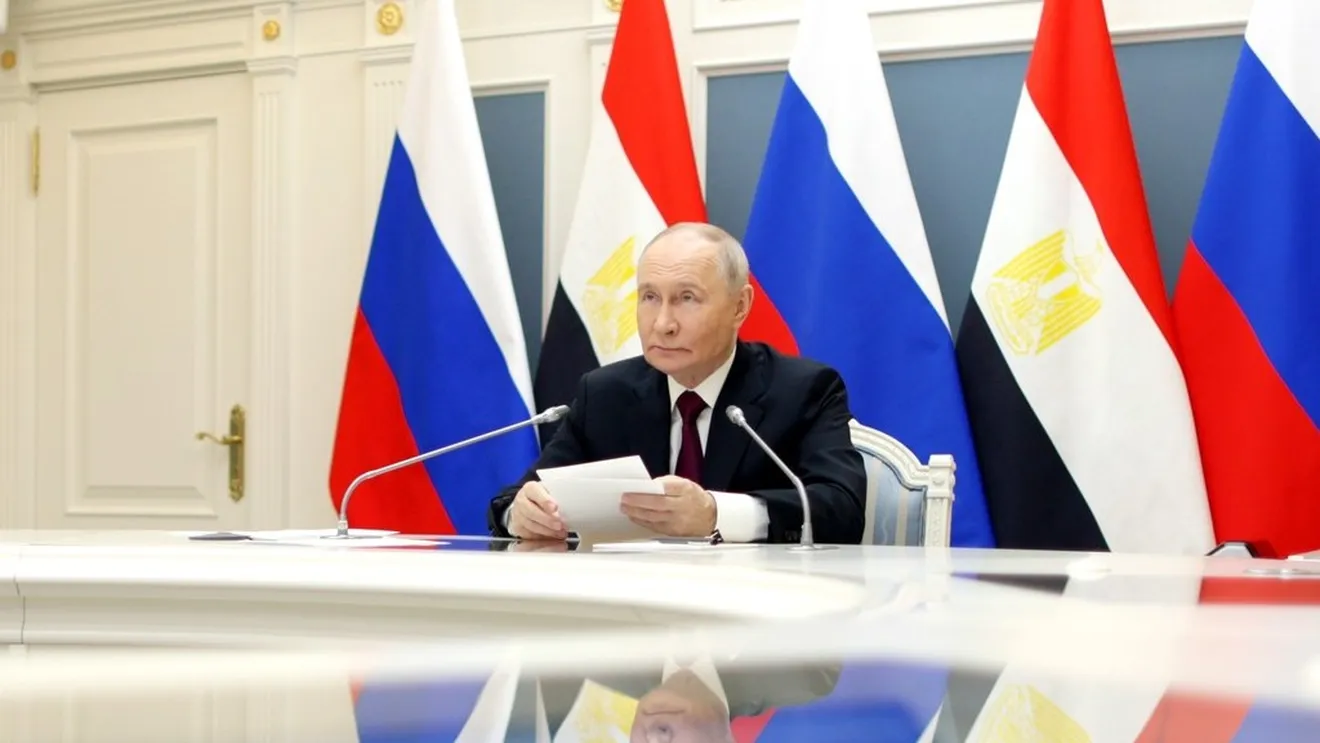
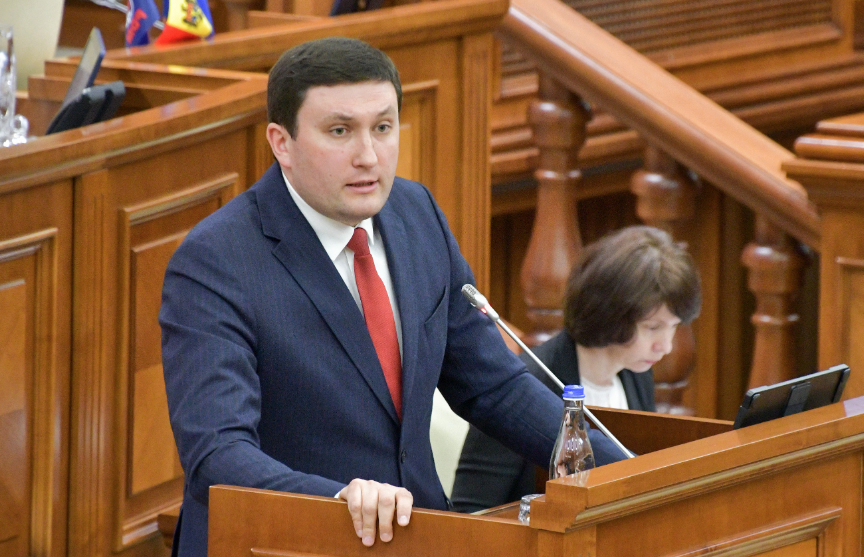
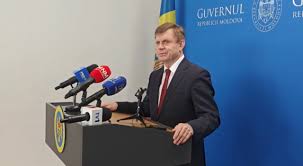
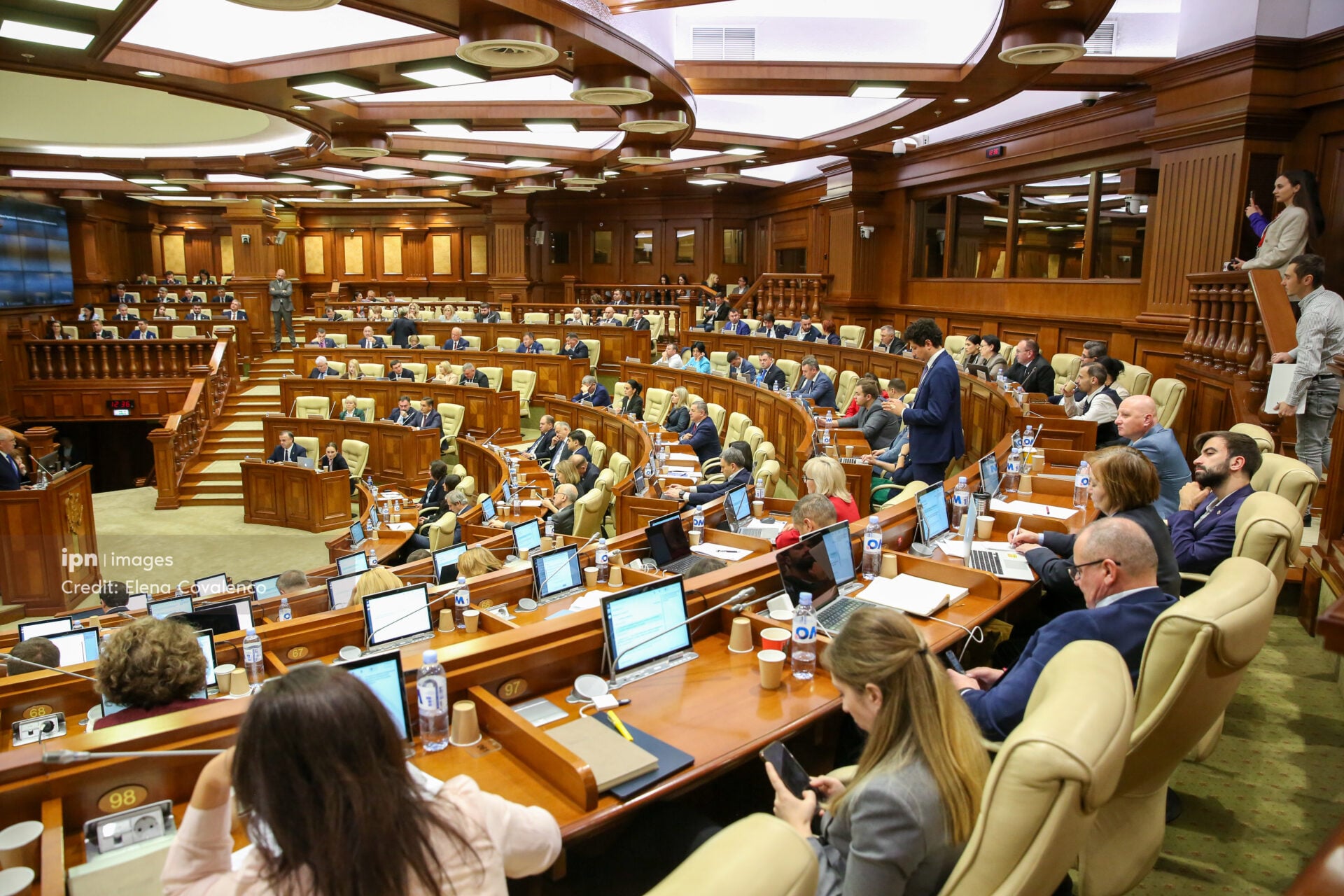

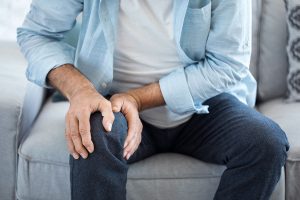






Comentează